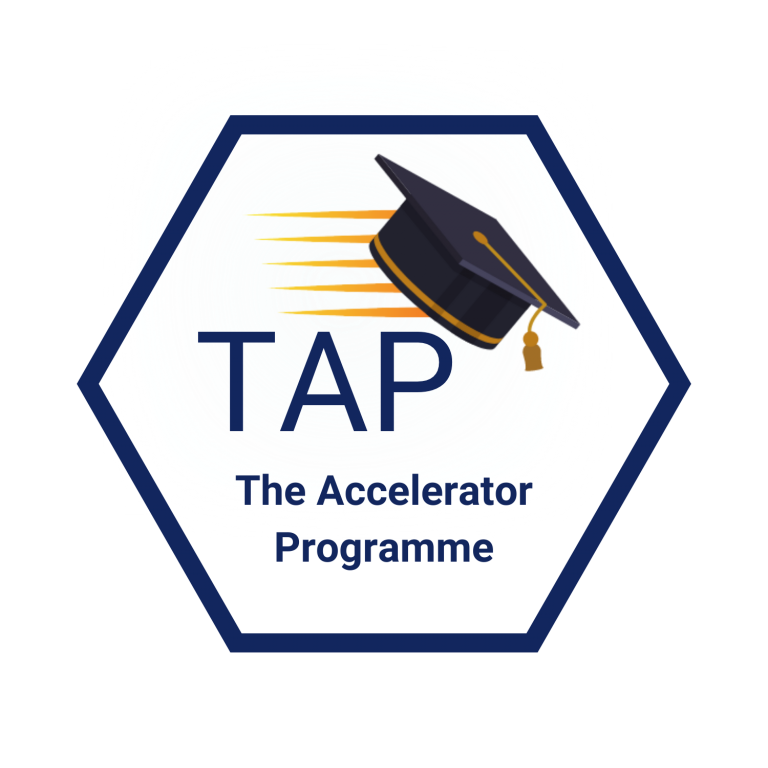
BUSINESS ADMINISTRATION COURSE NQF 3
business administration course nqf 3 Online is for any individual who is, or wishes to be, involved in the administration function in any organization or business in any sector, or field as well as in non-commercial organisations such as clubs and charitable organisations.
Module 1: Maintain a booking system
- Explain the importance of giving accurate information to customers and the need to be aware of time.
- Explain the reasons for providing an efficient service in terms of company profitability and repeat guest business.
- Explain the need to meet customer expectations in terms of knowledge of services and facilities.
- Explain the importance of taking deposits in terms of ‘no shows’.
- Explain the reasons for keeping bookings up to date and following up on unconfirmed bookings
- Explain the importance of keeping other departments informed of current and future bookings.
- Explain the importance of keeping other departments informed of current and future bookings.
- Promote the establishment’s services and facilities at all appropriate times and explain why.
- Determine the availability of services and facilities correctly and communicate this clearly to the guest
- Offer alternative facilities to customers and explain the importance of doing so.
- Given a range of bookings, take down the details and record the booking.
- Provide customers with confirmations of bookings and all relevant information.
- Confirm the bookings and request deposits from customers.
- Given a range of amendments, choose a procedure and give reasons for the method chosen.
- Given a system failure or error in manual systems, decide what action to take.
- Carry out all work in an organised and efficient manner taking account of priorities.
- Describe situations where a guest’s booking has been cancelled incorrectly.
- Describe how performance would be adapted in a different type of establishment.
Module 2: Function in a business environment
- Develop a strategy for maintaining office equipment in accordance with organizational requirements.
- Complete the work for which you are responsible in accordance with organizational procedures, requirements, and priorities.
Module 3: Maintain a secure working environment
- Describe and maintain a secure environment by following the security procedure in accordance with organizational requirements.
- Secure customer, staff, and storage areas from unauthorized access in accordance with organizational requirements.
Module 4: Communication skills to handle and resolve conflict in the workplace
- Demonstrate an understanding of different conflict situations in the workplace
- State and explain the difference between feelings and actual problems (contents)
- Handle and resolve a conflict in the workplace
Module 5:Monitor and control office supplies
- Demonstrate an understanding of office equipment maintenance procedures and processes
- Monitor and liaise with maintenance providers
- Conduct routine maintenance on designated office equipment
Module 6: Monitor and control the maintenance of office equipment
- Monitor and control the maintenance of office equipment
- Maintain a booking system
- Co-ordinate meetings, minor events, and travel arrangements
- Monitor and control office supplies
- Plan and prepare meeting communications
Module 7: C0-ordinate meetings, minor events and travel arrangements
- Identify a date, venue and time for a meeting or event
- Arrange venue and catering
- Make travel, car hire and accommodation arrangements
- Assemble and distribute documentation for meeting or event in good/sufficient time to attendees calculations
Module 8: Achieve personal effectiveness in business environment
- Plan and organise own work
- Establish and maintain working relationships
- Maintain files and records
Module 9: Plan and Prepare meeting communications
- Demonstrate an understanding of the agenda of meetings
- Explain the purpose and objective of minutes of meetings
- Take minutes of meetings
Module 10: Accommodate audience and context needs in orals/signed communication
- Interact successfully in oral/signed communication.
- Use strategies that capture and retain the interest of an audience.
- Identify and respond to manipulative use of language.
Module 11: Interpret and use information from texts
- Use a range of reading and/or viewing strategies to understand the literal meaning of specific texts.
- Use strategies for extracting implicit messages in texts.
- Respond to selected texts in a manner appropriate to the context.
- Explore and explain how language structures and features may influence a reader/viewer.
Module 12: Communicate verbally and non-verbally in the workplace
- Select method of communication.
- Communicate with subordinates.
- Communicate with clients.
Module 13: Understanding of a selected business environment
- Procedures to maintain a secure working environment are described.
- A high level of security for staff and customers are explained and maintained and the impact on the organisation if not doing this is described.
- The security procedures to be followed in violent situations are described.
- The perpetrators within a violent situation are identified and the correct reporting procedure followed and adhered to under simulated conditions.
- The correct procedure is followed for reporting suspicious items.
- The importance of securing unauthorised areas from customer access is explained.
- Security procedures are described according to organisational requirements.
Module 14: Plan and conduct basic research in an office environment
- Plan a simple research project
- Gather and collate data relevant to the researc`h question of problem
- Analyse the data obtained from the research
- Prepare and present a report and recommendations based on the findings of the research
- Evaluate the effectiveness and utility of the research
Module 15: Interpret basic financial statements
- Analyse the basic elements of an income and expenditure statement.
- Analyse the basic elements of a balance sheet.
- Compile a personal assets and liabilities statement.
- Use the evidence in financial statements to make a financial decision.
Module 16: Apply basic business principles
- Utilise machinery, equipment, materials and time.
- Identify and apply goals aligned to the work situation which reflect the organisational goals.
- Maintain and enhance organisational image and customer service (both internal and external).
Module 17: Employment relations in an organisation
- Demonstrate understanding of the various stakeholders and their roles in an organisation.
- Demonstrate understanding of organisational policies and procedures related to employment.
- Demonstrate understanding of employment related agreements.
Module 18: introduce new staff to the workplace
- Demonstrate knowledge and understanding of the importance of introducing new staff to the workplace.
- Demonstrate ability to make decisions about practice and to act accordingly.
- Demonstrate ability to learn from own actions and to adapt performance.
Module 19: Introduction to Computers
- Introduction to Computers
- Input Devices
- Output Devices
- Software
Module 20: Basic Microsoft Excel
- Getting Started
- Performing Calculations In An Excel Worksheet
- Modifying An Excel Worksheet
- Modifying The Appearance Of A Worksheet
- Managing An Excel Workbook
- Printing Excel Workbooks
- Other Functions
- Google Sheets
Module 21: Basic Microsoft Word
- Getting Started With Microsoft Word
- Editing A Document
- Formatting Text And Paragraphs
- Adding Tables
- Inserting Graphic Objects
- Controlling Page Appearance
- Proofing A Document
Module 22: Plan, monitor and control an information system
- Plan storage and retrieval system
- Monitor the implementation of the filing and retrieval system
- Control the implementation of a filing and retrieval system
Qualifying learners could follow a career in:
- Secretarial services
- Reception services
- Switchboard operations
- Financial administration
- Banking administration
- Personal/executive assistant services
- Data capturing /Typing
- Human Resources administration
- Basic Contracts administration
- Legal secretarial services
- Reception supervision
- Project coordination
National Certificate in Business Administration Services
Accreditation: Services SETA
SAQA ID: 674
Level: 4
Credits: 120














